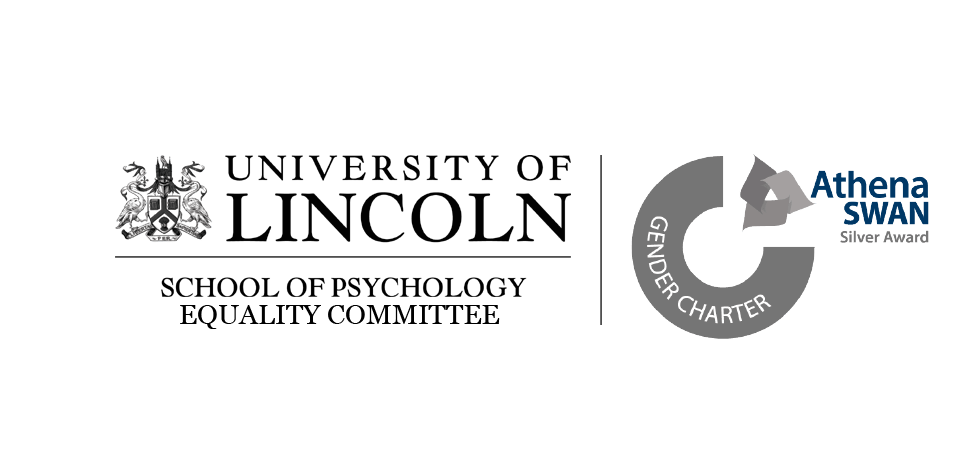This dedicated and professional team is available to help with student enquiries regarding University systems and procedures, funding, fees and payments, housing, personal support and general advice and information. They can provide practical help, advice and support, resolve issues and concerns, and make referrals to specialist staff if necessary.
Student Wellbeing Centre
The team consists of counsellors, wellbeing advisors, administrative staff and a Chaplain, all of whom are happy to support you throughout your University journey. By individually assessing your academic needs, we are able to provide a tailored service for each and every student needing extra support whilst at University. Our support to students includes concerns around disability, specific learning difference, mental health or medical conditions, as well as anything which may cause emotional or psychological distress. Any information you choose to disclose to our team will be treated with the utmost respect and confidentiality.
Psychology Student Advisor

Fenja Ziegler
The Student Adviser is a new and additional point of contact and support that aims to help students navigate the University’s support network. Many students face financial, personal or emotional difficulties during the course of their studies, but may not know what support is available or how to access it. The Student Adviser provides a single point of contact to guide students towards the available support. All students already have a dedicated personal tutor who they can approach for help, but in some circumstances students may – for any number of reasons – prefer to speak to a different member of staff about their difficulties. Senior support roles (Senior Tutor and Student Adviser) are gender balanced, to ensure that students have the option of speaking to someone they feel comfortable with.
The role of Student Adviser is to actively listen to students advise on the many sources of help and support that are available across the university and how to access them, liaise with personal tutors and the admin team, and make sure that students always have someone to talk to. This includes advising students with special educational needs and disabilities on the help and support that is available and how to access it.
Fenja has two open office hours every week when you can drop in to see her during term time: Mondays 2-3pm and Tuesdays 11-12.
SPEC Mental Health Champion

Roger Bretherton
Dr Roger Bretherton is Principal Lecturer for Enterprise in the School of Psychology. He worked as a clinician, manager and trainer in the NHS, joining the University of Lincoln in 2007 as a specialist in coaching and positive psychology.
Roger’s role is to:
- Understand the challenges faced by people who have been, or are currently, affected by mental health issues, both at the student and the staff level
- Help to promote a culture of understanding and acceptance for staff and students in the department who have been affected by mental health issues
- Be aware of the impact prejudiced behaviours can have on individuals facing mental health issues
- Be aware of how this may intersect with other identities that can face issues
- Bring any mental health-related issues to the Equality Committee
Disseminate information about Mental Health support available at the University
SPEC Disability Champion

Fenja Ziegler
Originally from the far north of Germany, Fenja moved to the UK to study for my BSc in Psychology at City University, London. She completed her PhD in Psychology and Philosophy at the University of Nottingham, before taking up a post as Lecturer and Research Fellow in the School of Psychology there. In September 2010, she moved to Lincoln University as a senior lecturer in Psychology and was promoted to Principal Lecturer in 2015.
Fenja’s Role is to:
- Act as the first point of contact for staff and students with disabilities, health conditions or impairments when they are facing problems, and work with them to solve these, including coordinating with HR, the Head of School, and other relevant departments.
- Understand the challenges faced by people who are living with various forms of disability, health conditions or impairments.
- Help to promote a culture of understanding and acceptance for staff and students in the department who are living with various forms of disability.
- Be aware of the impact prejudiced behaviours can have on individuals with disabilities, health conditions or impairments.
- Be aware of how this may intersect with other identities that can face issues.
- Bring any disability-related issues to the Equality Diversity and Inclusion Committee (SPEC).
- Disseminate information about disability support available at the University.
Big White Wall
Online mental health community. Accessible any time, anywhere.
